Indiana
In May, Indiana’s courtrooms will allow cameras

Indiana – Traditional mainstream media outlets can ask Indiana courts to allow cameras to record their hearings starting on May 1.
”Everybody really needs to know what’s going on in court. There are a lot of myths that people have about what goes on in a courtroom,” said Marion Superior Court Judge Gary Miller. ”90% of what’s going on in a courtroom is not entertaining, dull, maybe even boring.”
That might come as the biggest surprise to people who are used to watching courtroom dramas on television.
”I think it’s a great idea to have transparency,” said Lafayette Defense Attorney Earl McCoy. “I think it’s good for a number of reasons. I think it gives our community an opportunity to watch some of their elected officials in action. We normally don’t see that much from our judges and that’s an interesting aspect of it and our elected prosecutors.”
Although the Indiana Supreme Court’s order makes it plain that openness and transparency are the justices’ default positions, judges will have the authority to authorize camera access after taking feedback from defense lawyers and prosecutors.
”First of all, it’s entirely up to the judge. The judge doesn’t have to have the consent of the parties or other attorneys and then the judge will set up certain parameters. For example, where the camera has to be placed in the courtroom because we can’t show video of jurors, minors, or vulnerable witnesses or parties,” said Vanderburgh Superior Court Judge Leslie Shively who participated in a pilot program last year. ”You can’t have cameras that show the counsel table or work product that attorneys are working with. The camera shots have to be very selective. You can show the judge, the attorneys, the witnesses on the stand but you can’t show the jurors, you can’t show the juveniles, and you can’t show, again, exhibits that have not been introduced yet that might be sitting on counsel table.”
The pilot program featured five judges.
Judge Fran Gull of the Allen Superior Court in Fort Wayne was one of them.
“She had some experiences and from what I gathered from my colleagues, it was all positive,” said Judge Shively.
Coincidentally, Judge Gull is presiding over the trial of a guy charged with the double murder of two young children in Carroll County six years ago in Delphi.
”I know at the forefront of everybody’s mind is, ‘Is the Delphi case going to be televised? Are we gonna allow cameras in the courtroom on the Delphi case?’” said McCoy, who attended a pre-trial hearing in the Carroll County courthouse last month. “Well, the new rule will allow Judge Gull to make that decision.
”Any judge would be hard-pressed to try something new on such a big case where there’s so many risk factors and so many possibilities of things that could impact the entirety of the trial,” McCoy said. “Of all trials, this is clearly the biggest trial in Indiana right now. One of the biggest trials in the country. And as a result, you do not want to try it twice. You don’t want mistakes that happen that cause us to have a mistrial or certainly not to have an unfair trial for either side.”
The court injunction may not apply to podcasters, bloggers, or website reporters.
-

 Local News2 weeks ago
Local News2 weeks agoFreight railroads have requested that the courts strike down a new regulation mandating two-person crews on trains
-

 Local News2 weeks ago
Local News2 weeks agoCommunities throughout Indiana will get another $500 million in READI awards
-
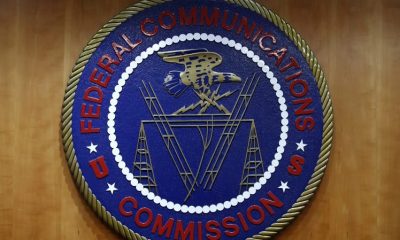
 Local News2 weeks ago
Local News2 weeks agoFunding shortfall forces FCC to cut internet subsidies
-
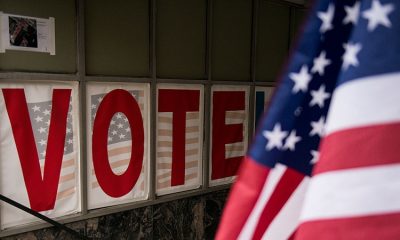
 Local News2 weeks ago
Local News2 weeks ago3 Indiana school districts asking voters for funding in May primary election
-
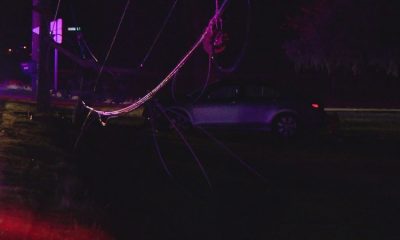
 Local News1 week ago
Local News1 week agoHendricks Co. Sheriff’s deputy dies after being electrocuted at crash scene
-
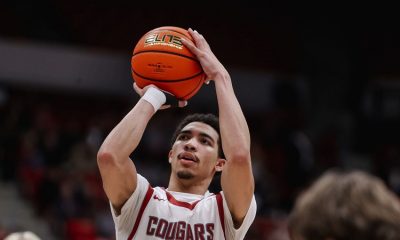
 Local News2 weeks ago
Local News2 weeks agoMyles Rice, a former Pac-12 Freshman of the Year, has committed to Indiana
-
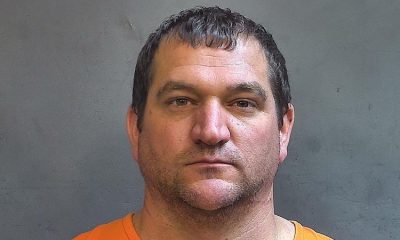
 Local News5 days ago
Local News5 days agoMan who won the primary election despite being accused of murder was found guilty of a lesser crime
-

 Local News1 week ago
Local News1 week agoIndiana limits abortion data for privacy under near-total ban; some GOP candidates push back






Leave a Reply